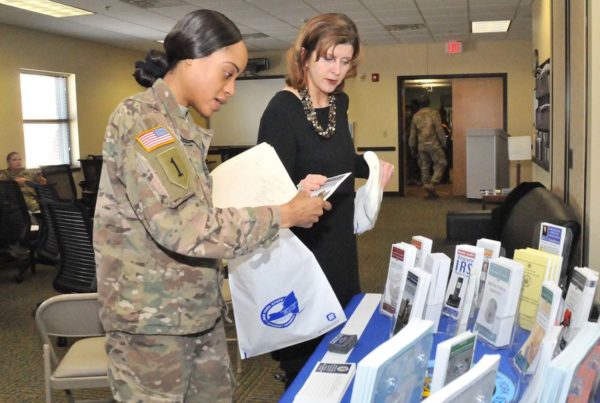Choosing the right college can be a challenging endeavor for students and parents, so annual college rankings can sometimes serve as an invaluable guide.
Lists like those released annually by the U.S. News and World Report employ a variety of methodologies when determining their rankings, but some say the lists don’t provide a full picture.
Timothy Burke, a professor of history with Swarthmore College, recently wrote a piece for Slate that lists a series of questions parents and students can ask when selecting a college. He spoke with the Texas Standard about why such questions provide a better foundation to search with than the one-size-fits-all approach of college rankings. Listen to the story above or read the transcript below.
This transcript has been edited lightly for clarity:
Texas Standard: What do you see as some of the issues with the way that U.S. News ranks schools here?
Timothy Burke: I think one issue that comes up every year for people who are inside higher education is that we know that there are, for one, there’s a kind of fudge factor where presidents of colleges and universities are asked to sort of reputationally rank each other. And many of them will tell you that that the ones they’re asked to rank, they don’t know that much about. I mean, they know in a sense what the parents who look at the rankings know about. They rarely have kind of insider knowledge. And frankly, if they do, in many cases, they’re not going to to use it as the basis for accurately evaluating what they happen to know on the inside. And another, you know, and this came up recently with Columbia University in particular, is that the data that U.S. News is using to build these rankings is either manipulated and played with in various ways by institutions that want to kind of work the system. But in many cases, it’s also not measuring some of the things that may matter a lot to outcomes for students.
You suggest a number of questions that students and families should be asking. Let’s look at a few. You advise taking a hard look at financial aid. Besides a raw tuition discount available, what else should you be thinking about when it comes to aid?
Yeah, so definitely with aid you want to know as much as you can know and a lot of institutions keep secrets – some of the important things, like the actual formula they’re going to use to judge family need. But you want to get a sense of what the average awards are, what the kind of discount is that families are getting, where the income cutoff is. Schools won’t necessarily share that, but sometimes they’ll give you some picture of it. So you want to know how much am I actually going to pay versus how much is the sticker price?
Obviously, the goal for most college students is to earn a degree. You want students to understand what might make it hard to graduate from a particular school. What are some of the factors at play here?
So a lot of people will look at graduation rates and it’s an important place to start. It is a piece of data that all of these institutions share. And a low graduation rate is a sign that, you know, should alarm most prospective students. It means that either there are not enough classes in many majors to actually graduate in four years or it means that a lot of students at that institution are trying to hold down one or more jobs while they’re studying and therefore need to stretch time out. It means that there’s some issue. But even at a place that has a high graduation rate, there may be a big variation between majors about how easy it is to get all the classes that you need in the time that you need to get them to graduate in four years.
Any particular guidance for families trying to choose among less prominent institutions – whether they’re state schools, colleges closer to home, some of the institutions that don’t usually wind up faring so well in some of these rankings?
I mean, I think, you know, within a basic tier of institutional resources and a lot of the things that even the rankings are looking at, you’re going to find that most places are offering the same thing. And so people get hung up on the difference between a place that’s ranked, you know, number 10 and number 50. But in many cases, those are going to offer roughly the same thing. And the things that will make a difference in the life of a student can’t be found in the rankings and they couldn’t be found with any research. You know, who you’re going to meet, what professors are going to, you know, really set you on fire, what professor is going to really turn you off?
How happy will you be in this town, or something like that?
Exactly. How happy? You can’t research that in advance, and that’s not a function of rankings.














